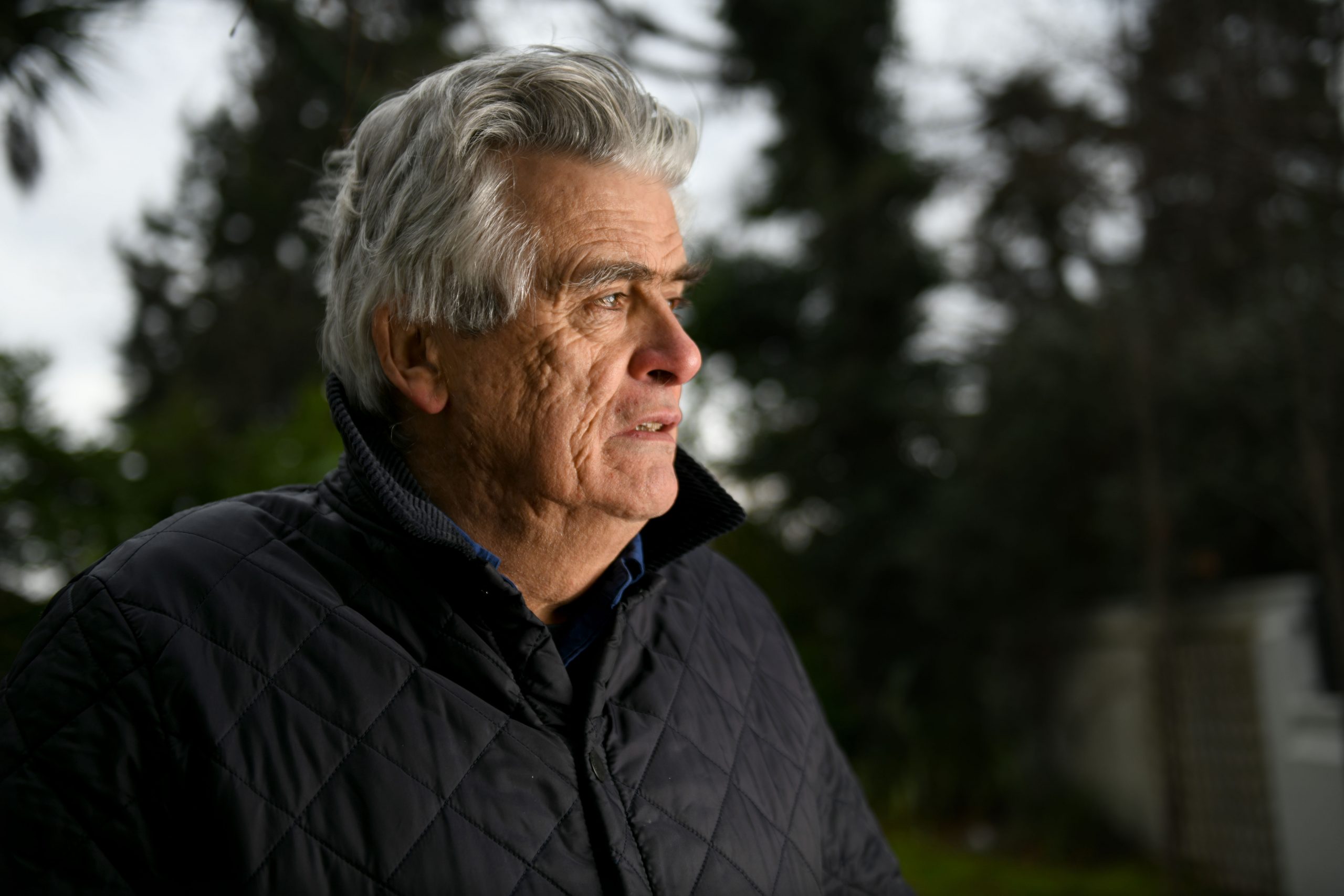Pat Byrne has spent the last 18 months battling, firefighting, surviving. And, by his own admission, it is starting to show. Even over Zoom, you can hear an exasperation in his tone, and a frustration in his words. Before the pandemic virtually grounded his fleet of aircraft, Byrne was already knuckling down with the various stakeholders at CityJet, the Irish-based airline that he founded, sold, and then reacquired back in 2016. A series of events – some freak, some not – had pushed the airline into losses for 2018 and 2019, and Byrne was working on a restructuring plan to…
Cancel at any time. Are you already a member? Log in here.
Want to read the full story?
Unlock this article – and everything else on The Currency – with an annual membership and receive a free Samsonite Upscape suitcase, retailing at €235, delivered to your door.

